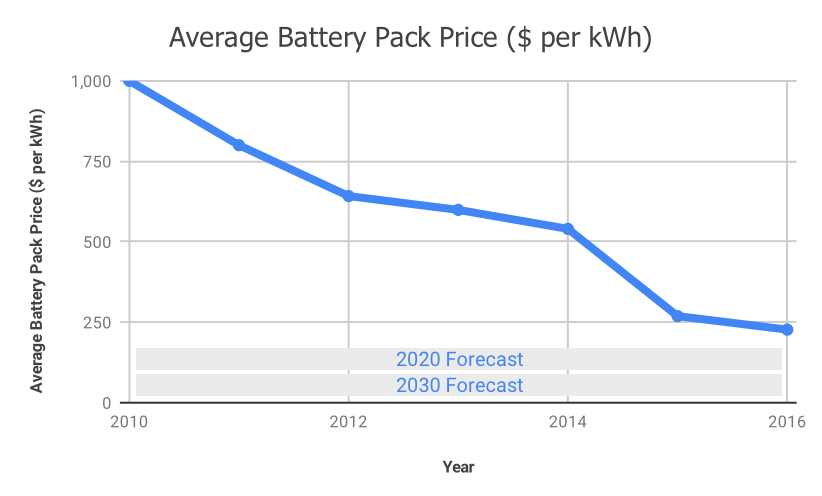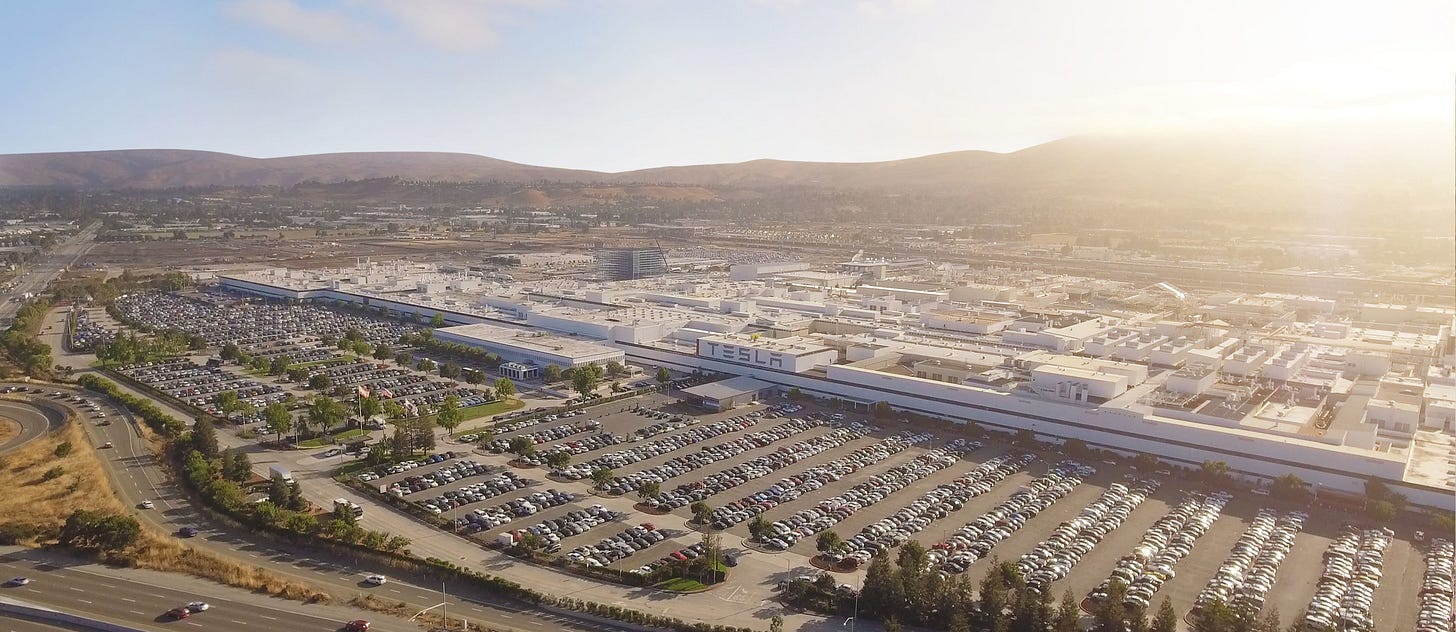The Prius Problem of Progress
In 2000, Toyota launched its Prius hybrid car in the US. Environmentalists cheered the arrival of a super fuel efficient mainstream car and the dawn of the green economy.
18 years later, the Prius is struggling and massive SUVs dominate auto sales. The Prius was supposed to kick off an era of clean transport, but instead it sparked the age of gas guzzlers. Ironically, the Prius contributed to this mess, slowing down the revolution it hoped to start.
Sources: greencarreports.com and ihsmarket.com
To be clear, I am not here to debate global warming. It is a pressing issue and reducing carbon consumption is imperative. Furthermore, the intent of the Prius and its buyers was right in line with this mandate. But, feel good solutions often don’t have the impact they intend. And in many cases, like with the Prius, they make things worse.
The Prius as a solution to our fuel problems had one fundamental problem from the outset: it was and remains a bad product. It is a poorer performing car sold at a premium price. It is slow, not fun to drive, unattractive, uncomfortable, and worst of all, more expensive than similar car options! It’s inherent promise was providing a visible sacrifice you can make for the planet. There is a reason it was made to stick out visibly: so its buyers could signal loudly their care for the planet. It was a political purchase. But, the simple fact is: ideological solutions do not scale. They can kick off movements, but there must be a systemic advance to get real change.
Embedded in the Prius was a systemic step backwards. The oil companies could not have drawn it up better. The Prius was living proof that the green movement would involve real costs: higher prices for worse products. If we wanted to fight global warming there would be massive sacrifice. The future would not be brighter...only cleaner. Those living in poor countries would need to hold off on advancing their economies and goods would need to rise in price. No super cheap cars for you!
The results are clear. Global warming has become a massive political football always framed as a trade off between saving the planet or growing the economy. And the carbon keeps spewing. It didn’t have to be this way.
Imagine another path. A new clean car is created that is better in every way than traditional cars - faster, more fun, more advanced, more capable and better looking than any car on the road today. As we all know, it happened. It’s called a Tesla. And it changed the world’s view of the future. The Tesla proved electric cars are not as good as combustion cars, but much better. The proof? Electric will be the default platform with almost every car maker in the coming years. Of course, cost is an issue. But, the path to lower costs are clear. Electric cars are massively cheaper to operate and their primary cost, batteries, are showing the kinds of cost curves typical of all tech that approaches massive scale.
Source: Electrek.com
And it’s not just emissions that are going to go down. The electricity infrastructure electric cars rely on is greening at a rapid pace with coal powered plans continuing to shut down and solar prices hitting rock bottom.
Now what we need is for environmentalists to bail on the Prius and use the Tesla to reposition their effort. We can have a better future: abundant clean energy with better products! We need to make the global warming fight not the biggest sacrifice of our lifetime but the biggest opportunity.
People forget that Tesla’s mission is “To accelerate the world’s transition to sustainable energy.” They are doing it. The green movement gives them no credit (“fancy cars for rich people”). But, the environmental impact of Tesla is undeniable and will spark a green movement that truly can scale because it does not rely on ideological commitment.
The Tesla Factory in Fremont, California (courtesy of Tesla.com)
“Prius problems” exist all over the place. Activist movements are vital to sparking change. But, they tend to focus on direct and emotional wins not systemic ones. If you are hyper passionate about an issue—immigration, factory farming, free speech, taxes—be careful of embracing a Prius problem. You could be doing more harm than good.
Good Reads - January 2019
EconTalk is one of my favorite podcasts. Here’s a good summary of the top episodes although it leaves out my favorite episode: a fascinating look at the rise of opioids with Sam Quinones.
The biggest issue this week no one is talking about is the LA teacher’s strike. The LA system is shrinking and pretty ineffective. Is it class sizes, teacher pay, overall underfunding - or a bad system perpetuated by the union? We better figure it out as this issue is due to spread nationwide.
The best selling truck in the world is going electric.
Bob Lefsetz praises the greatest show ever, The Sopranos, and laments the rise of the new white collar gangsters.
Must read small book. Tribe by Sebastian Junger. “Why do large scale disasters produce such mentally healthy conditions?”
In praise of Judith Rich, the amateur psychologist who made the biggest impact on parenting advice by showing how little impact they really have. It’s the peers who exert the influence.



